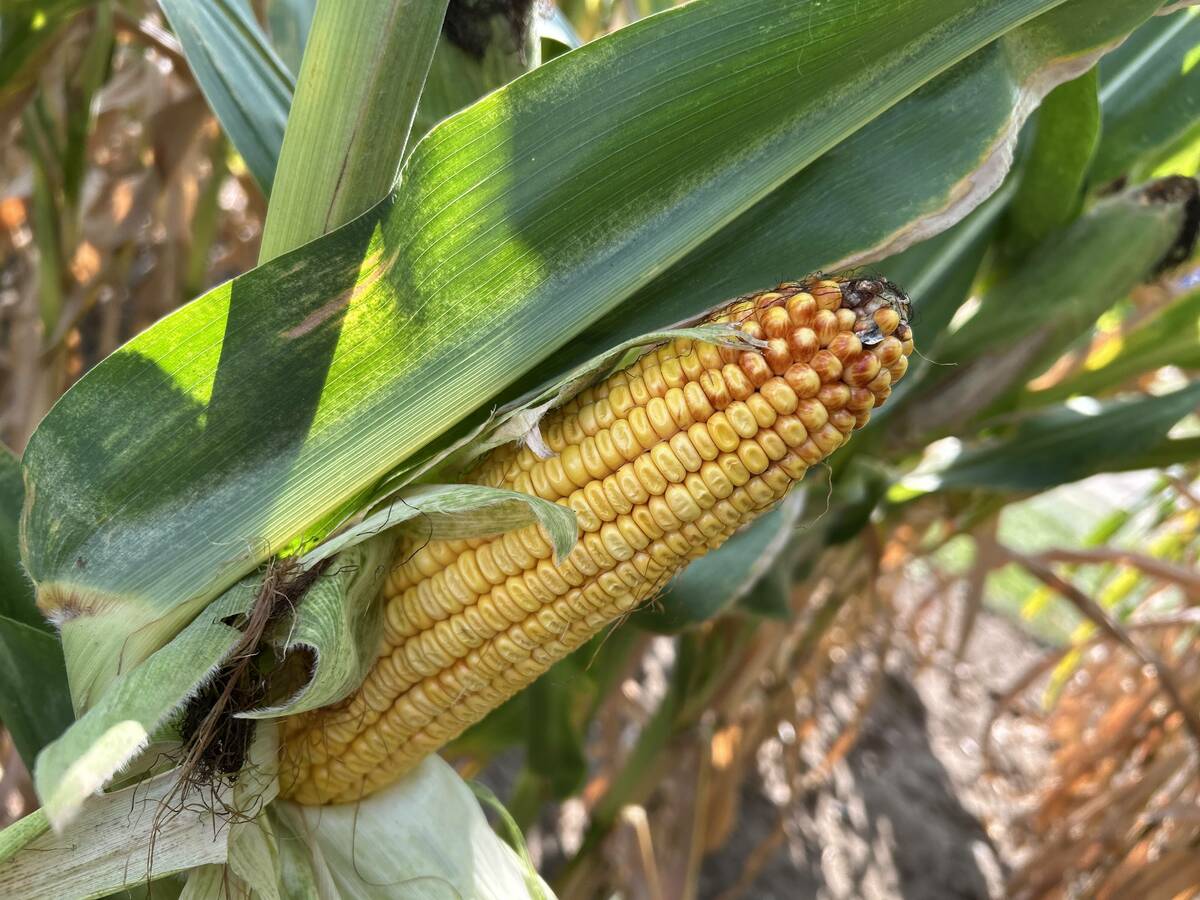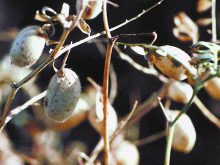Rising biodiesel demand creates opportunities for countries that can increase their canola crushing capacity, says an influential vegetable oil analyst.
Thomas Mielke, editor of the German-based Oil World newsletter, said even with strong biodiesel demand, there is a global surplus of rapeseed and canola.
“It is partly a bearish situation because the crush of rapeseed cannot be extended in line with rape oil demand,” he told the Saskatchewan Canola Development Commission meeting Jan. 11.
“Consumers need more rape and canola oil, but it cannot be produced because you are running at close to capacity, we (in Europe) are running at close to capacity.
Read Also

Crop estimates show mixed results
Model-based estimates used by Statistics Canada showed the 2025/26 crop year has seen increases in canola, corn for grain, oats and lentils production while seeing dips in spring wheat, durum wheat, soybeans and barley in comparison to 2024/25.
“One of the conclusions is definitely we need considerably more investment in expanded crush capacity now and in the coming years.”
He said the European Union alone will have a deficit of 300,000 tonnes of canola and rape oil this year and if demand for biodiesel there grows as expected, it would need 800,000 tonnes of rape oil in about 10 years time.
This marks an opportunity for Canadian growers and crushers, but one they could lose to others if they don’t act.
“Ukraine and Russia could double production. They could produce a combined 1.2 million tonnes of canola soon, within two years,” he said, adding that Brazil and Argentina could also get into canola production.
Palm oil is another competitor. Produced in Malaysia and Indonesia, it is cheaper than canola oil, has a low cost of production and is grown year round, but is not a preferred biodiesel feedstock in Europe because of viscosity problems at low temperatures.
However, chemicals can be added to address the problem, he said.














